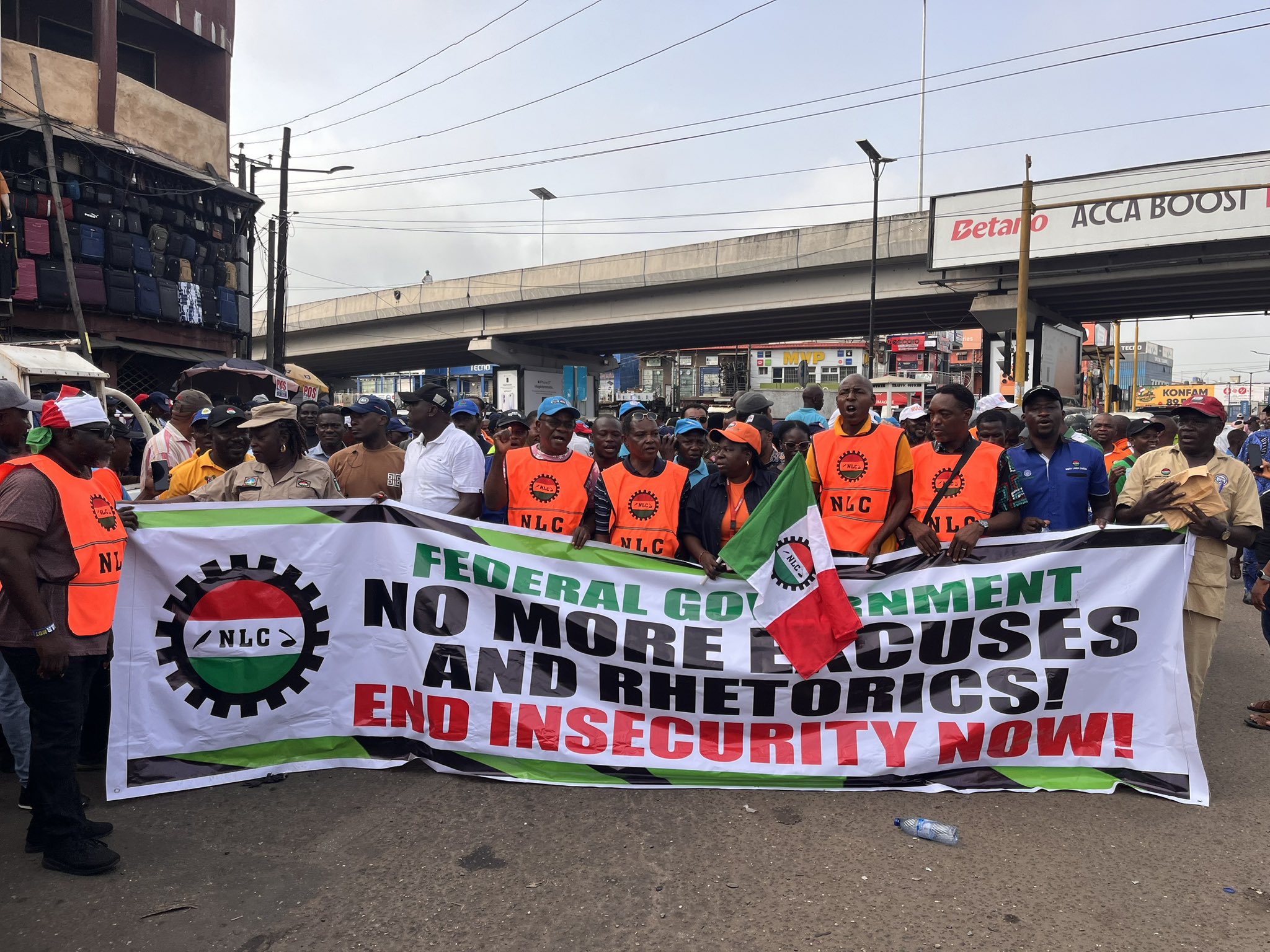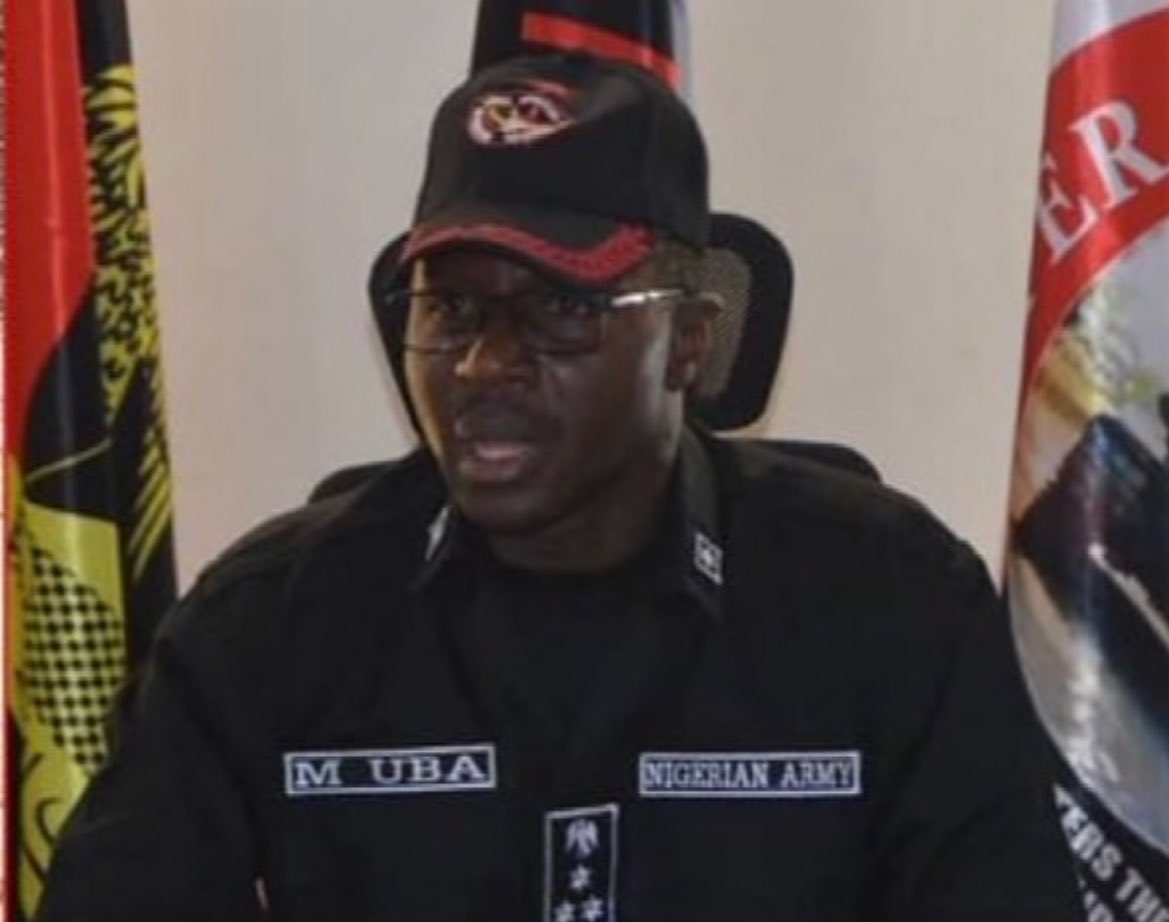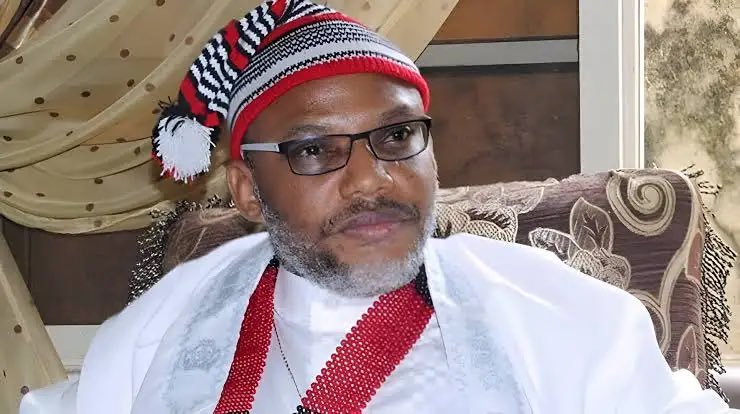
Peter Obi
On 19 July, Edo State’s Governor Monday Okpebolo warned the Labour Party’s 2023 presidential candidate, Peter Obi, not to visit the state unless he obtained security clearance. He alleged, without providing any evidence, that the last time Obi visited the state, three people died, and this has raised suspicions that the ban is politically motivated. Obi still retains a very strong following in Edo having won the state 2023 and he could do again if he were to run again in 2027.
Okpebolo is the second senior APC politician to ban Obi from visiting a state with Benue State’s Governor Hyacinth Alia having issued a similar directive in April. Without naming any specific individual, the suspicion was that it was directed against Obi, who is also popular in the state and had been visiting camps for internally displaced people to support them financially.
Obi claimed he had made several attempts to seek Okpebolo’s permission to Benue but had received no response. The governors’ claim that the ban is simply procedural for Obi, who was Anambra State’s 2007-2014 governor, to let them know before a visit. The directive is therefore a subtle ban against him visiting All Progressives Congress (APC) controlled states and an indirect threat to his life.
Obi has previously claimed that he has faced increasing threats from government and non-government sources over his criticism of President Bola Tinubu’s administration. The APC appear to have a deeper fear of Obi than any other opposition candidates. Key APC politicians are quicker to criticise him or respond to any statement than they are with others, despite their claims that Obi’s main support is limited to social media.
Changing political dynamics…
The APC and Tinubu’s camp have a valid reason to be afraid of Obi. Nigeria’s changing political dynamics mean that he increasingly appears to be the biggest threat to Tinubu’s re-election strategy, and especially if, as expected, he runs in 2027. His most likely strategy is based on obtaining a massive victory in the South while retaining some support in the North — where he got more than that half of his votes in 2023 — where he is now far less popular.
Nigeria may end up with the same four 2023 presidential candidates in 2027. Atiku Abubakar will run on the African Democratic Congress (ADC) platform despite not yet being a member, after his recent resignation from the main opposition Peoples Democratic Party (PDP). It is unclear on which platform Obi will take part but he has clearly indicated that he will not join the ADC coalition unless he is given its presidential ticket.
The Labour Party appears to be compromised despite Obi’s 2023 running mate, Yusef Datti Baba-Ahmed, making initial moves to see if he could reach some reconciliation in the party. The PDP is also making some tentative moves to woo Obi back to the party, especially now that Abubakar has left which is opening room for them to zone the presidential ticket to the South and get Obi to fly its flag.
This could be a win-win solution for Obi. It hands him a party platform that has nationwide legacy even though its current strength has been significantly weakened. The PDP still has strong name recognition despite many of its key members leaving. If Obi rejoins the PDP and they give him their ticket, it helps the party re-engage with a strong youth support base that could help it in future elections.
The problem, however, is the doubt about the PDP’s independence and its willingness to challenge Tinubu in 2027. The Minister of the Federal Capital Territory, Nyesom Wike, remains a key PDP member despite having pledged to support Tinubu in 2027. Wike loyalists remain in charge of the party and they could undermine any candidate that they think would pose a strong challenge in 2027. Obi may therefore find it too risky to seek the presidency with the PDP but it is still virtually certain that Obi will be on the ballot somewhere, unless he is banned or disqualified.
Then there is Kano State’s political strongman, Rabiu Kwankwaso, who ran on the New Nigeria Peoples Party (NNPP) in 2023 when he came a distant fourth, and only won his own state. Tinubu’s efforts to woo him into the ruling APC has not yet worked out. On 24 July he accused Tinubu of concentrating projects in the South to the detriment of the North. This casts Tinubu in a bad light and reinforces the perception of Kwankwaso as someone who has the interest of the poor people at heart. That kind of statement is even more important now that former President Muhammadu Buhari is dead and there is a scramble for his core supporters in the region. Kwankwaso’s rhetoric is the kind that will endear him to that base.
…because Obi threatens Tinubu’s gamble on the South
With both Abubakar and Kwankwaso likely to be on the ticket, coupled with his dwindled political goodwill in the region, Tinubu’s chances in the North — where he obtained half the votes that brought him to power in 2023 — are very slim. This is why getting the maximum possible number of votes in the South is now so crucial for Tinubu if he is to win a second term.
Obi is the main obstacle because, if he gets on the ticket, he will significantly dent Tinubu’s chances in the region. He is likely to repeat his massive win in the Southeast and compete fairly well in the South-South and Northcentral. It would require massive fraud to ensure that his votes in these regions do not count so Obi could damage Tinubu’s pathway to power. The challenge for the latter is that the president’s camp cannot persuade Obi not to run in 2027 because he not the archetypal dishonest politician that can be bought out with money or contracts. The only remaining option may be to try and intimidate him from running or ensure that he is denied a platform because he cannot stand as an independent candidate.
It is therefore likely that such attempts will intensify. Obi’s travel movements will be increasingly restricted by APC governors in order to curb his visibility and popularity. This is a bid to make it easier for Tinubu to win the Southern votes that he now desperately needs to return for a second term.
It is likely that, what Kwankwaso will do to Abubakar in the North, Obi will do to Tinubu in the South. However, based on the 2023 election results, Kwankwaso may only be able to harm Abubakar’s chances in Kano but not that significantly in other states. On the other hand, Obi has broad appeal and could go head-to-head with Tinubu in nearly all states in the South which makes him an even bigger threat.
This excerpt is taken from our Nigeria Politics & Security weekly intelligence report. Click here to receive a free sample copy. Contact info@menas.co.uk for subscription details.


